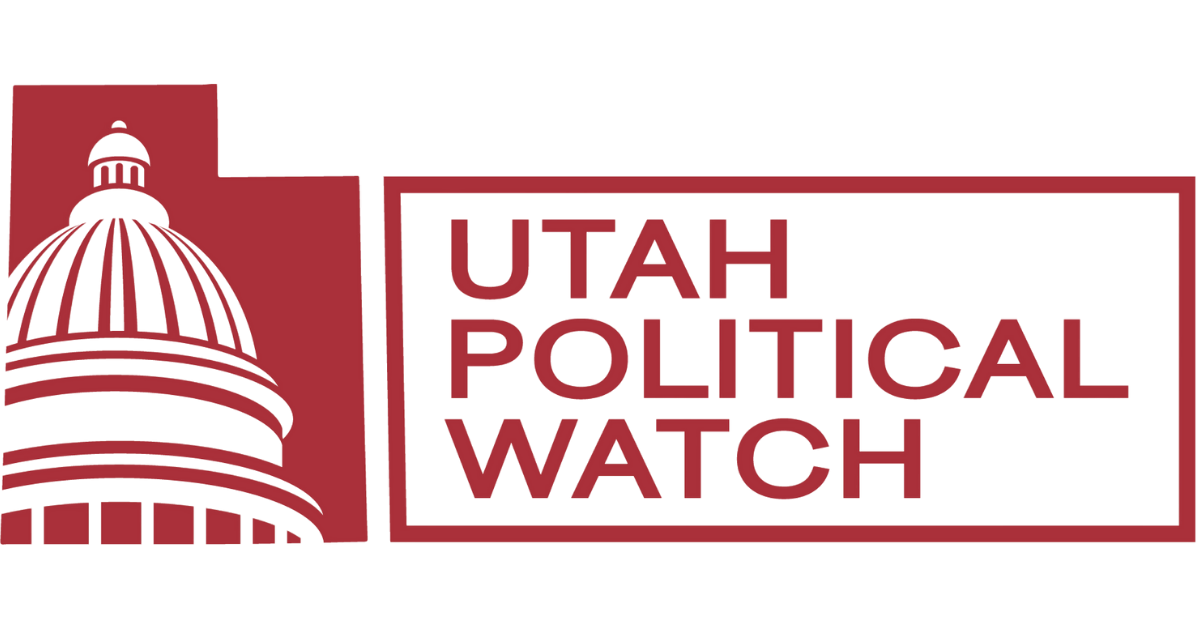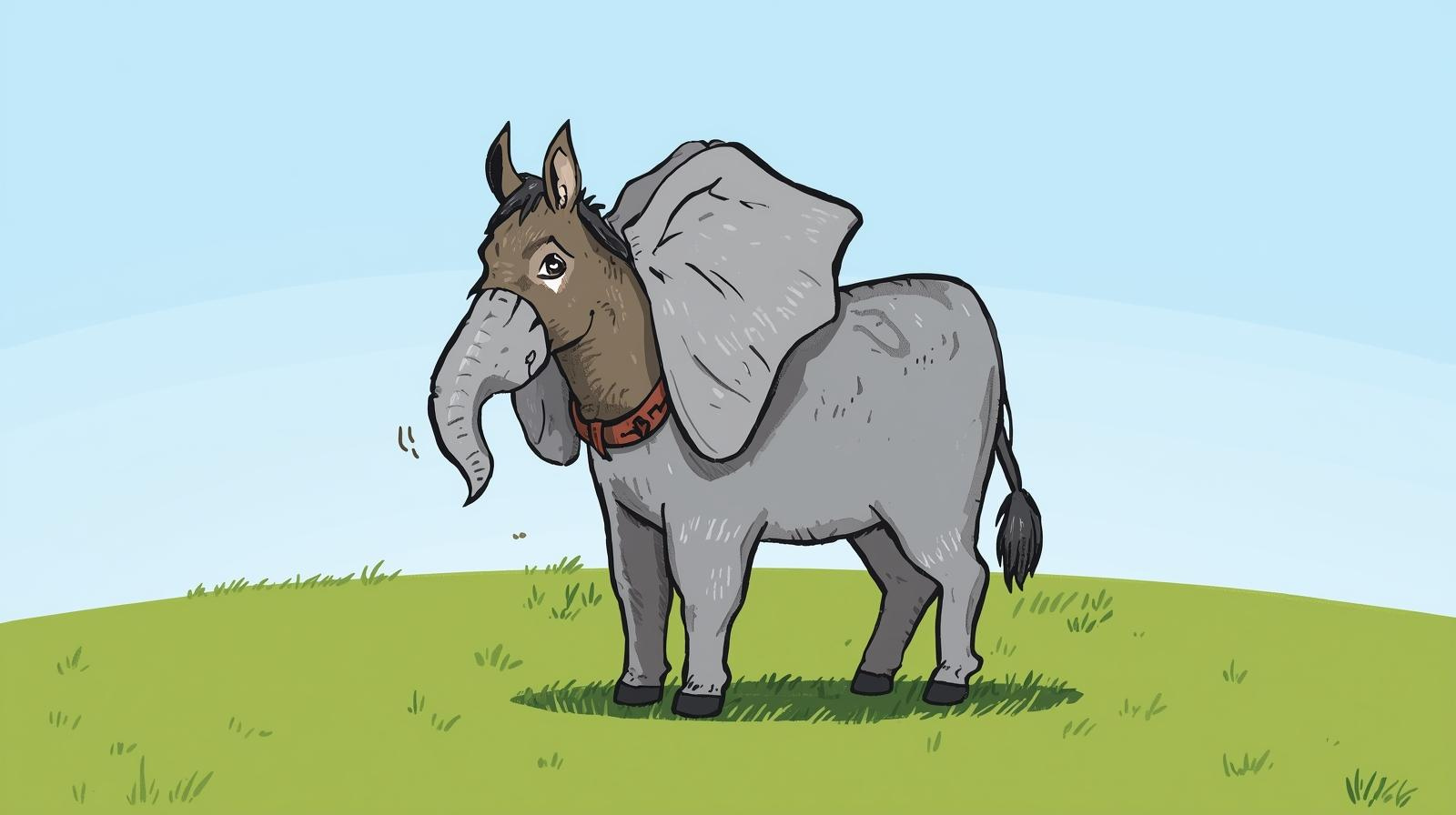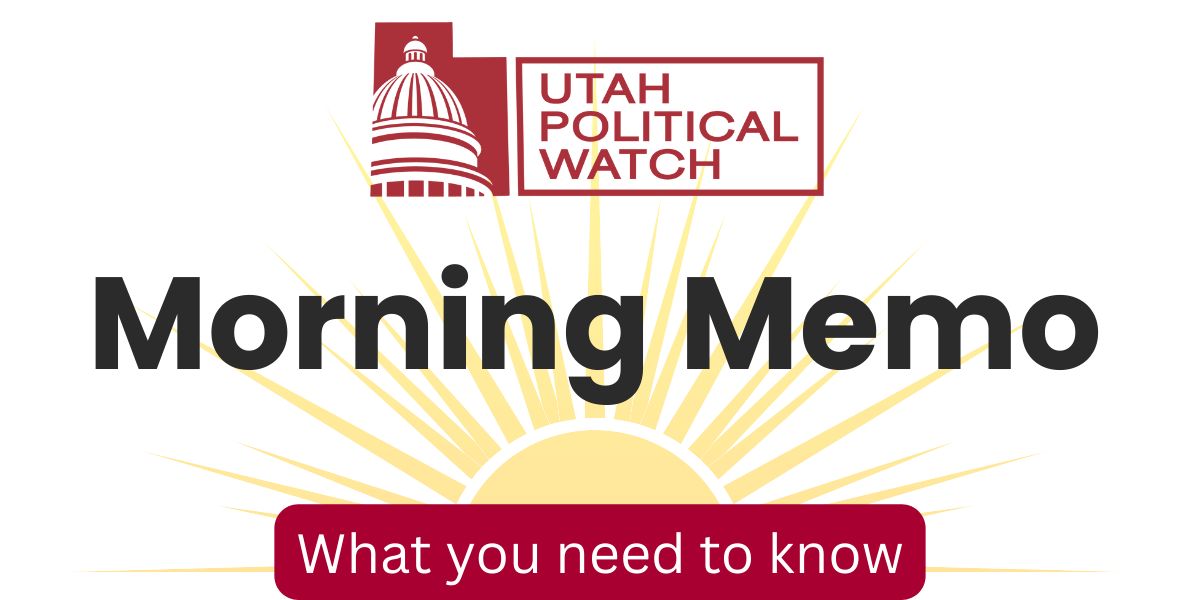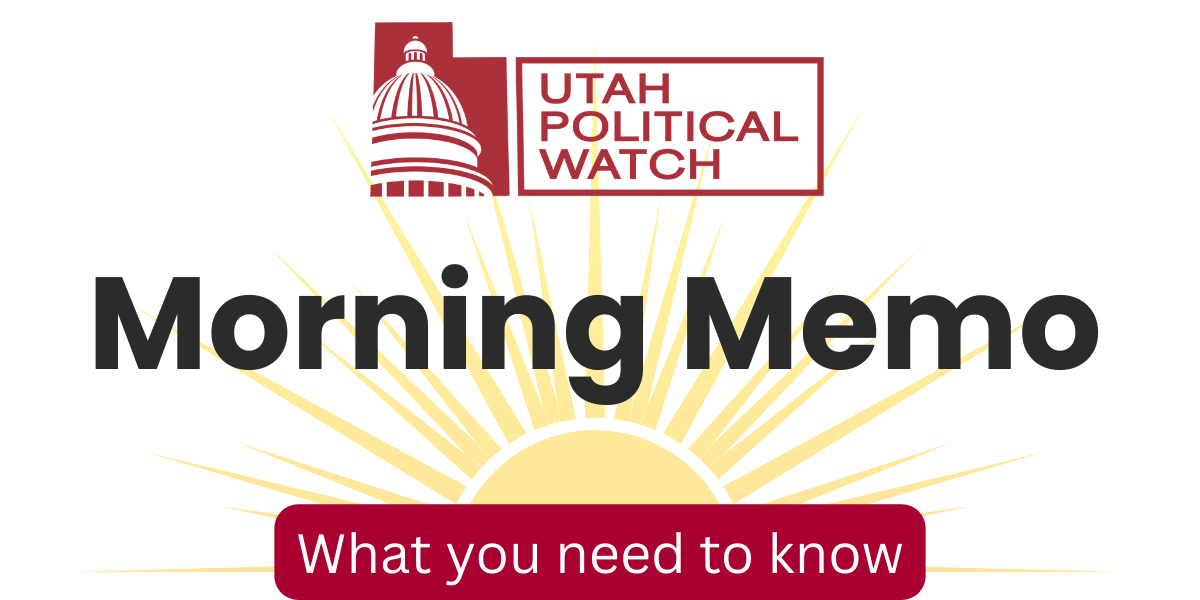Utah Republicans have long accused Democrats of infiltrating their closed primary elections by registering as GOP members, a controversial practice known as "party raiding." Even some Democrats believe their members are doing it. Utah Democratic Party chairman Brian King says it’s time for those Democrats in Republican clothing to “come home.”
The theory behind party raiding goes something like this. Utah is so overwhelmingly Republican that whoever the GOP nominates in many races will most likely win in November. The only way for Democrats to have any influence on the electoral outcome is to register as a Republican and vote in their primary elections or become a convention delegate, possibly giving a boost to a candidate that is more moderate instead of a more extreme Republican candidate.
In a news release, King says the strategy isn’t working, arguing that Democrats’ Republican registrations artificially inflate GOP numbers and give the GOP cover to dismiss opposing viewpoints.
"Republicans point to registration numbers as justification to ignore Utahns who disagree with them. It's time to take that excuse away,” King said.
“Even relatively moderate and principled Republicans, with few exceptions, end up enabling and facilitating (President Donald) Trump and his allies’ authoritarian efforts. Having some input at Republican caucuses, conventions, and primaries simply is not stemming the tide,” King added.
There’s one big problem with this narrative: It isn’t true.
Data shows that party switching in Utah is driven primarily by unaffiliated voters changing their registrations, not Democrats becoming Republicans.
The largest “party raiding” spike in Utah happened during the 2020 gubernatorial race, sparked by former Utah Democratic Party Chairman and state Senator Jim Dabakis’s public campaign to encourage Democrats to vote in the closed Republican primary. Dabakis, who registered as a Republican himself, called it the only path for minority party voters to influence what he termed a “rigged election.”
It appears that most of the voters who followed Dabakis’ example were unaffiliated voters joining the GOP. According to a Princeton’s Electoral Innovation Lab study
- Republican registrations before the 2020 primary increased by 97,382, but only 7,796 came from Democrats.
- The number of unaffiliated voters decreased by 60,878 during that time.
- Post-primary registrations showed that just 2,509 voters returned to the Democratic party.
Subsequent years showed similar patterns. In 2022 only 9,000 Democrats switched to the GOP. In 2024, about 26,000 Utahns changed their party affiliation, but most of those were Republicans and Democrats becoming unaffiliated.
In 2021, Utah lawmakers moved the deadline for voters affiliated with a political party to change their registration before a primary election to March 31. Two years later, lawmakers tightened the deadline to change parties in presidential election years, moving the date to Jan. 9.
Despite those changes, and all evidence to the contrary, the specter of Democrats masquerading as Republicans has spooked GOP members, leaders, and lawmakers who use it as a convenient explanation when the party strays from their interpretation of conservative orthodoxy.
Just last week, Dalane England, from the arch-conservative Utah Eagle Forum, decried the practice while offering public comment during a legislative hearing.
“More important than the law is the higher law, the moral law,” England told the legislature’s Redistricting Committee. “There are people who are dishonest, who sign up to be Republicans who are clearly Democrats. They show up at our caucus meetings, so there is a level of immorality.”
The data suggests otherwise.







